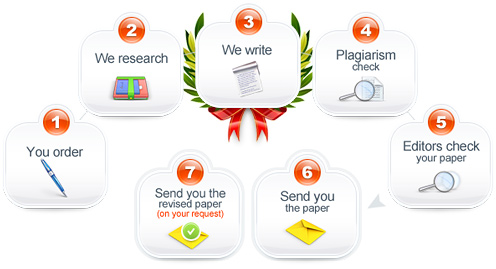Difficult situations in healthcare settings that a nurse leader or manager could resolve using personal mastery
INTRODUCTION
For this task, you will create five scenarios focusing on difficult situations in healthcare settings that a nurse leader or manager could resolve using personal mastery and the five social and emotional power skills learned in this course.
• self-awareness
• self-management
• social awareness
• interpersonal communication
• executive function
 You should consult internal and external stakeholders in a healthcare organization to identify scenarios for this task. Examples of topics for your scenarios include interpersonal or team conflict, an ethical dilemma, a budget crisis, a personnel issue, an awkward social encounter, etc.
You should consult internal and external stakeholders in a healthcare organization to identify scenarios for this task. Examples of topics for your scenarios include interpersonal or team conflict, an ethical dilemma, a budget crisis, a personnel issue, an awkward social encounter, etc.
To complete this task, you may want to review the personal strengths you identified in Unit 2 of your coursework.
REQUIREMENTS
Your submission must be your original work. No more than a combined total of 30% of the submission and no more than a 10% match to any one individual source can be directly quoted or closely paraphrased from sources, even if cited correctly. The originality report that is provided when you submit your task can be used as a guide.
You must use the rubric to direct the creation of your submission because it provides detailed criteria that will be used to evaluate your work. Each requirement below may be evaluated by more than one rubric aspect. The rubric aspect titles may contain hyperlinks to relevant portions of the course.
Tasks may not be submitted as cloud links, such as links to Google Docs, Google Slides, OneDrive, etc., unless specified in the task requirements. All other submissions must be file types that are uploaded and submitted as attachments (e.g., .docx, .pdf, .ppt).
A. Using the attached “Personal Mastery Scenario-Based Solver Projects” supporting document, write five realistic scenarios focusing on difficult or uncomfortable situations that could occur in a healthcare setting and a nurse leader or manager could resolve using the five social and emotional power skills. Each scenario must meet the following requirements:
• The scenario should be 150–250 words.
• The text should be single-spaced in the table.
• Characters in the scenario should be fictional; use first names only.
• Use a conversational tone when scenario characters are interacting; include quotation marks around any dialogue.
• The scenario should be resolvable by one of the five social and emotional power skills.
• If referencing scholarly sources, cite the work in the text and add a reference at the end of the table.
1. Complete the Skill Application section for each scenario by responding to the following prompts (suggested length of 200–400 words per section):
a. Based on the scenario, develop an opportunity statement.
b. Explain which of the five social and emotional power skills you would use to address the situation in the scenario and how it applies to the scenario.
Note: Each power skill should be used, with one power skill per scenario.
c. Explain how you could apply one of your personal strengths to support your plan to address the situation in the scenario.
d. Select a communication strategy that would help build consensus among stakeholders in the scenario, and explain why the strategy is appropriate for the scenario and how it addresses the opportunity statement for the scenario.
Note: You may use the same strengths and communication strategies for each scenario, but your selection must be appropriate for its scenario.
B. Acknowledge sources, using APA-formatted in-text citations and references, for content that is quoted, paraphrased, or summarized.
C. Demonstrate professional communication in the content and presentation of your submission.
Difficult situations in healthcare settings that a nurse leader or manager could resolve using personal mastery Related posts:
- What is the difference between research- and evidence-based practice projects?
- Nursing EBP: What is the difference between research- and evidence-based practice projects?
- NUR699 week 1-3 discussion and assignment. Week 1 What is the difference between research- and evidence-based practice projects?
- Obtaining grants is an important aspect of research and provides funding for various projects that promote better patient outcomes and/or better educational outcomes. Based on Narcolepsy/Cataplexy, conduct a search for possible grants that may be available to assist in funding your research idea and/or project. Describe your search strategy and discuss how you might go about applying for this grant.
- Evidenced-Based Measures for Evaluating Improvement Projects
- Development of a personal philosophy of nursing which includes the life-long process of self-reflection, identification of professional and personal values
- Identify the approach that best fits your personal and professional philosophy of nursing and explain why the approach is suited to your personal leadership style.
- personal worldview that can help you formulate a personal philosophy of practice and enhance your influence on patients and the industry
- NRS-434V Week 2 CLC Group Projects Agreement [12 slides]
- Not all EBP projects result in statistically significant results. Define clinical significance, and explain the difference between clinical and statistical significance. How can you use clinical significance to support positive outcomes in your project?
- Ethical, moral, or legal dilemma in healthcare
- Difference between clinical and statistical significance

